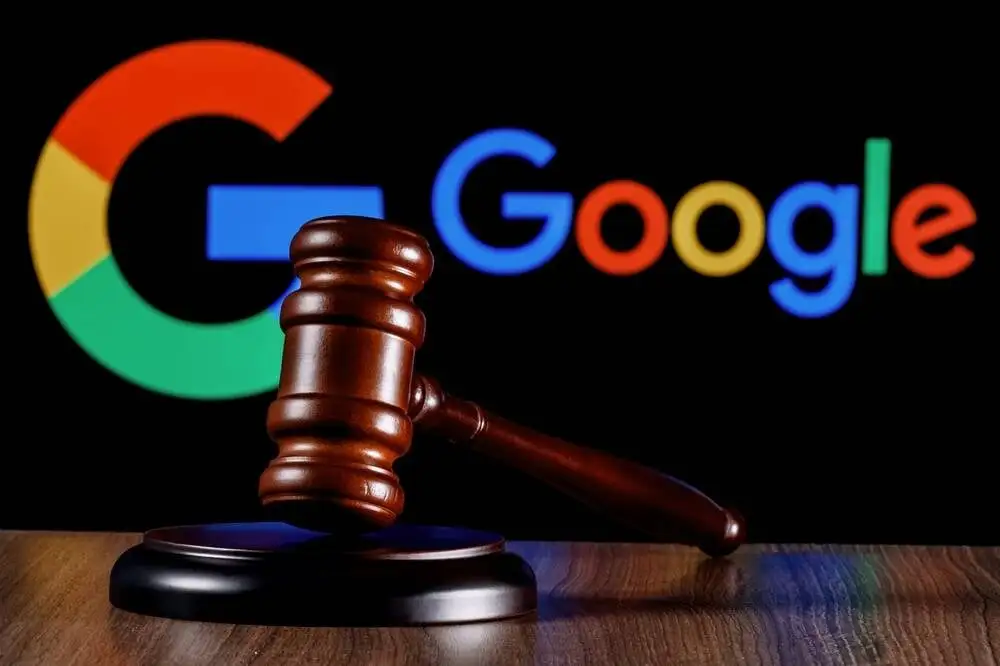Alphabet CEO testifies in Google Search trial: We pay billions to keep Apple at bay
Alphabet CEO testifies in Google Search trial: We pay billions to keep Apple at bay

As Uncle Sam releases internal docs on Chrome strategy, MSN, more

Alphabet CEO testifies in Google Search trial: We pay billions to keep Apple at bay

As Uncle Sam releases internal docs on Chrome strategy, MSN, more

They’re so confident that they can’t be beat that they pay everyone off to make sure? Seems like they’re admitting they suck at search… on the record. I love it.
They know that 90% of people won't switch from the default so to capture that 90% they need to be the default.
My takes is even if Google Search engine is better most people won't bother to change the default Apple SE and Google knows that. Apple user who tend to be more wealthy are worth the cost.
most people don't change search engines. Google's quality is questionable but I don't think they are admitting it here.
Lol why would Google pay billions for something that "promotes competition"? That's literally a lose-lose move. Shit suits say.
It keeps their grind strong. /s
That said, he pushed back against the government's position that defaults are determinative by arguing that the estimated $18 billion to $20 billion Google pays Apple annually to be the default search provider in Safari reflects concerns about competition from Apple rather than maintenance of an alleged Google Search monopoly.
In other words, Google reckons it's better or more cost effective to pay off Apple and keep Google Search the default on iPhones than face an Apple-powered search engine or some other rival.
...
The Justice Department is trying to prove that Google's 90 percent market share is the result of unlawful behavior – paid deals that stifle competition and anticompetitive technical barriers.
Uhh, aren't those the same things?
They're not trying to stifle competition, they are just trying to prevent it completely. Totally better. /s
I get that the exact amounts of money might be new information, but did people really not know Google was paying a Apple, Mozilla, etc. to be the default search provider? I've known about it for well over 10 years and I never got the impression it was any kind of secret.
Other non-secrets:
Of course Google didn't go out of their way to publicize those facts, but they were never secret. When I worked at Google it was the kind of thing that people talked about openly and without constant reminders to keep quiet about—which you'd typically get in spades with any confidential business information. It's all the kind of stuff anyone could figure out just by thinking critically about Google's publicly disclosed revenue sources. I'm not in the mood to track down articles but I'm certain it has all been talked about in the press many times over the years.
God I love trials
This is the best summary I could come up with:
Pichai asserted that Google's deals to be the default search engine in various mobile and desktop browsers, on which the internet giant spent $26.3 billion in 2021 per documents discussed at trial, actually enhanced competition – a position rivals including Microsoft have disputed.
The Justice Department is trying to prove that Google's 90 percent market share is the result of unlawful behavior – paid deals that stifle competition and anticompetitive technical barriers.
The government's case has focused frequently on the power of default settings to shape behavior, which should be obvious to anyone who has seen the ad industry fight tooth and nail to have people opt-out of data sharing rather than opt-in.
While there's nothing in the way of a smoking gun, the internal documents shed light on the extent to which Google can control revenue from search ad auctions to achieve desired financial results.
Also, the Feds published a 2019 email chain [PDF] involving Google SVP Prabhakar Raghavan about how to respond to DuckDuckGo gaining attention for promoting more private search.
"I disagree with a methodology that consists of conflating 'people care increasingly about privacy, DDG is making a lot of noise about it, Sundar mentioned it in I/O' (all true statements) then concluding this needs a product change."
The original article contains 793 words, the summary contains 211 words. Saved 73%. I'm a bot and I'm open source!